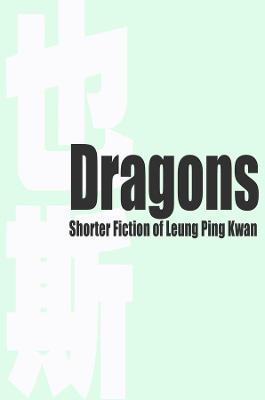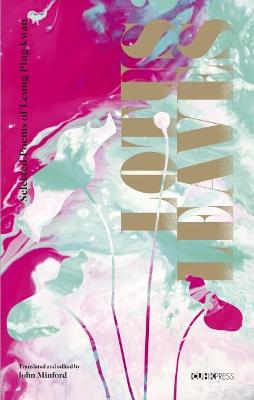Hong Kong Literature
2 total works
Leung Ping?kwan brought as much talent and inspiration to the writing of his short stories as he did to his poems. 'I have drawn on magical realism to explore the absurdity of Hong Kong,' he wrote of the story See Mun and the Dragon (1975) in which we find him using a simple, clipped style. The later story Drowned Souls (2007) was written in a more symbolic, lyrical and complex manner, influenced by the style of the traditional Chinese tales of the supernatural. Although the two stories are separated by over 30 years, dragons play a prominent part in both. The dragon has always been a fascinating creature, a complex embodiment of the timeless soul of China and a symbol of the creative energy and transformative possibilities of the Tao. Both of these enchanting stories are anchored in the author's ideas of freedom and liberation.
Through the keen eyes and curious mind of a young girl, Ying?tzu, we are given a glimpse into the adult world of Peking in the 1920s.
Through the keen eyes and curious mind of a young girl, Ying?tzu, we are given a glimpse into the adult world of Peking in the 1920s.
Leung Ping?kwan is one of Hong Kong's most acclaimed poets. His poems display a unique blend of the literary and the down?to?earth, the modern and the traditional, the serious and the humorous, the local and the universal. He wrote, 'I want to write a kind of modern poetry that does not have to turn away from the world we live in, that rethinks the relationship between language and objects...' This collection has been carefully curated, and is arranged under ten thematic sections: Lotus Leaves, Hong Kong, Macao, Foodscape, After the Book of Songs, Strange Tales: After Pu Songling, Clothink, Museum Pieces, Places and Friends, Bitter?Melon and Others. These translated poems, and the delight they bring, are a celebration of the continuing legacy of a remarkable Hong Kong poet.

